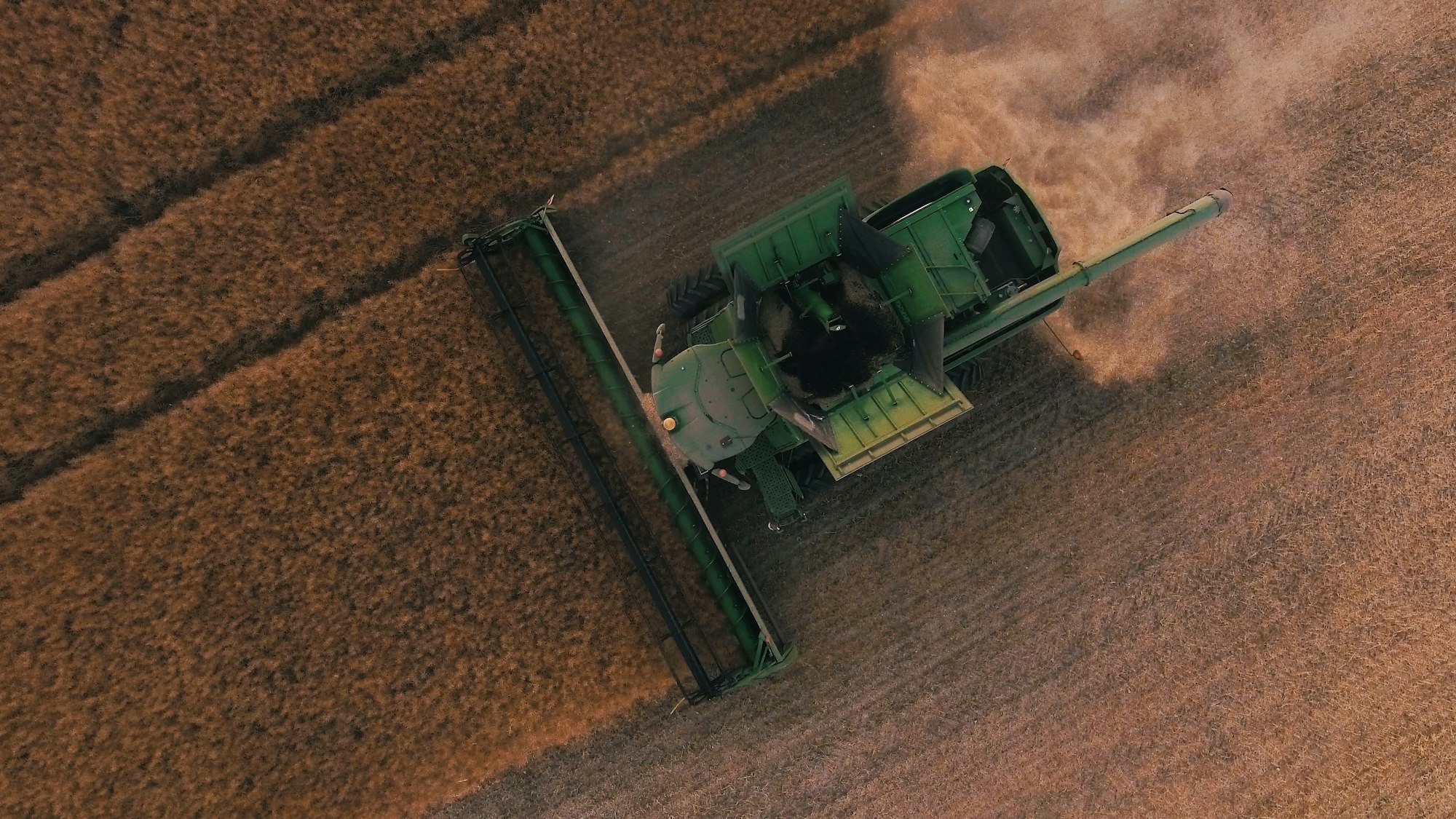
In recent years, India’s agricultural sector has been undergoing a significant transformation driven by technological innovation, policy reforms, and changing market dynamics. From precision farming and agritech startups to sustainable practices and digital connectivity, the farming revolution in India is reshaping the way crops are grown, harvested, and distributed, offering new opportunities for farmers and stakeholders across the agricultural value chain. Let’s explore the key drivers and implications of this farming revolution.
1. Technology Adoption:
Advancements in agricultural technology are revolutionizing farming practices in India, enabling farmers to increase productivity, reduce input costs, and mitigate risks. Technologies such as precision agriculture, drones, IoT sensors, and remote sensing are empowering farmers to make data-driven decisions about crop management, irrigation, and pest control. Additionally, mobile apps and digital platforms provide farmers with access to market information, weather forecasts, and agricultural extension services, enhancing their ability to optimize yields and maximize profits.
2. Agritech Startups:
The rise of agritech startups is fueling innovation and entrepreneurship in India’s agricultural sector, addressing key challenges related to productivity, sustainability, and market access. These startups are developing innovative solutions across the agricultural value chain, including farm management software, supply chain logistics, crop monitoring, and financial services. By leveraging technology and data analytics, agritech startups are empowering farmers with tools and resources to improve efficiency, profitability, and resilience in the face of climate change and market volatility.
3. Sustainable Farming Practices:
With growing awareness of environmental sustainability and climate change, there is a renewed focus on adopting eco-friendly farming practices in India. Practices such as organic farming, agroforestry, conservation agriculture, and water-saving techniques are gaining traction among farmers seeking to reduce their environmental footprint and enhance soil health. Government initiatives such as the Paramparagat Krishi Vikas Yojana (PKVY) and the Pradhan Mantri Krishi Sinchayee Yojana (PMKSY) promote sustainable agriculture practices and provide financial support to farmers adopting organic farming and water conservation measures.
4. Market Reforms and Agri Infrastructure:
Recent policy reforms aimed at liberalizing agricultural markets and improving infrastructure are reshaping the agricultural landscape in India. The introduction of initiatives such as the Agricultural Produce Market Committee (APMC) reforms, the Electronic National Agriculture Market (eNAM) platform, and the Agriculture Infrastructure Fund (AIF) are facilitating greater market integration, price transparency, and access to credit and storage facilities for farmers. These reforms are empowering farmers to engage directly with buyers, bypassing traditional intermediaries, and capturing a larger share of the value chain.
5. Digital Connectivity and Financial Inclusion:
The expansion of digital connectivity and financial inclusion is empowering farmers with access to banking services, credit, and insurance products. Mobile banking, digital payments, and microfinance initiatives are enabling farmers to secure loans, manage their finances, and mitigate risks associated with crop failures and natural disasters. Additionally, government schemes such as the Pradhan Mantri Fasal Bima Yojana (PMFBY) provide crop insurance coverage to farmers, safeguarding their livelihoods and promoting resilience in the face of agricultural risks.
Conclusion:
The farming revolution in India represents a paradigm shift in the way agriculture is practiced, embracing technology, sustainability, and market-oriented reforms to drive growth and prosperity in rural communities. By harnessing the power of innovation, entrepreneurship, and policy support, India’s agricultural sector is poised to unlock its full potential, contributing to food security, economic development, and environmental sustainability for generations to come. As the farming revolution continues to unfold, stakeholders must collaborate and invest in building a resilient and inclusive agricultural ecosystem that empowers farmers and ensures a sustainable future for agriculture in India.




